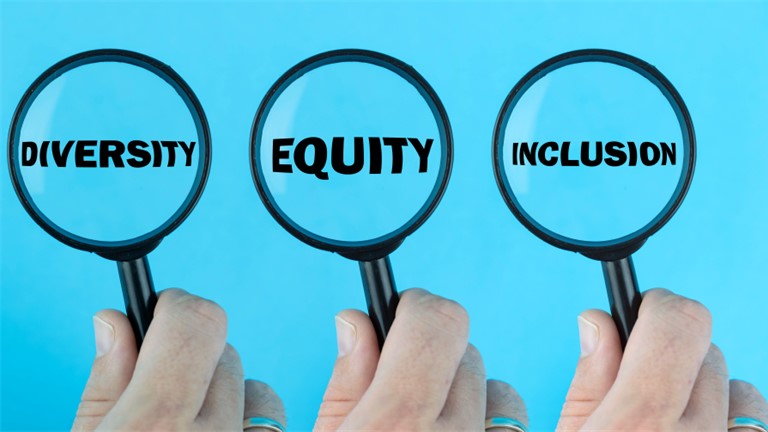After university affirmative action policies were banned by the Supreme Court, similar programs used by corporations are now under fire. Theo Francis and Lauren Weber report for The Wall Street Journal:
Conservative legal activists successfully challenged the use of affirmative action by universities. Now they are going after diversity initiatives widely deployed across American corporations. Some companies are already reconsidering their efforts.
In lawsuits, shareholder letters and petitions to the Equal Employment Opportunity Commission, activists are using some of the same tactics that progressive groups have used to advance diversity, equity and inclusion, or DEI, programs. They are arguing that companies are violating rules against race- and sex-discrimination, including those drawn from legislation designed to secure the rights of Black Americans.
Comcast settled a case accusing it of illegally favoring minority-owned small-business customers with grants and marketing advice. Amazon has been sued in Texas over a program offering an extra $10,000 to Black- or Latino-owned delivery-service contractors. Starbucks directors and executives are being sued by a shareholder arguing they violated their duty to investors by supporting diversity policies.
Dozens of corporate law firms and major employers have received letters from Republican officials warning them to adhere to laws prohibiting racial quotas and preferences in employment and contracting decisions.
Edward Blum, who also organized the challenge that culminated in the U.S. Supreme Court’s decision to overturn affirmative action, used a recently formed nonprofit group to sue Georgia investment manager Fearless Fund, charging that a grant program for startups is discriminatory. Fearless makes early-stage investments in businesses run by women of color.
Companies say their initiatives fall within the law. Many say they remain committed to increasing the demographic diversity of their workforces and suppliers, citing business benefits and the hurdles some groups continue to face in American corporations.
Privately, many are asking their lawyers if and how much they should modify their methods in light of the affirmative-action decision.
Many of the legal efforts against corporate diversity programs predate the high court’s June 29 decision. That ruling, centered squarely on higher-education admissions, didn’t address employment or business practices.
But it added momentum to an effort by conservative activists and public officials to challenge corporate diversity programs. Companies have long relied on rationales similar to those buttressing affirmative action at universities—that there are benefits to diversity. By dismissing that rationale, the high court weakened the justification for other programs that promote it.
Read more here.
If you’re willing to fight for Main Street America, click here to sign up for my free weekly email.





